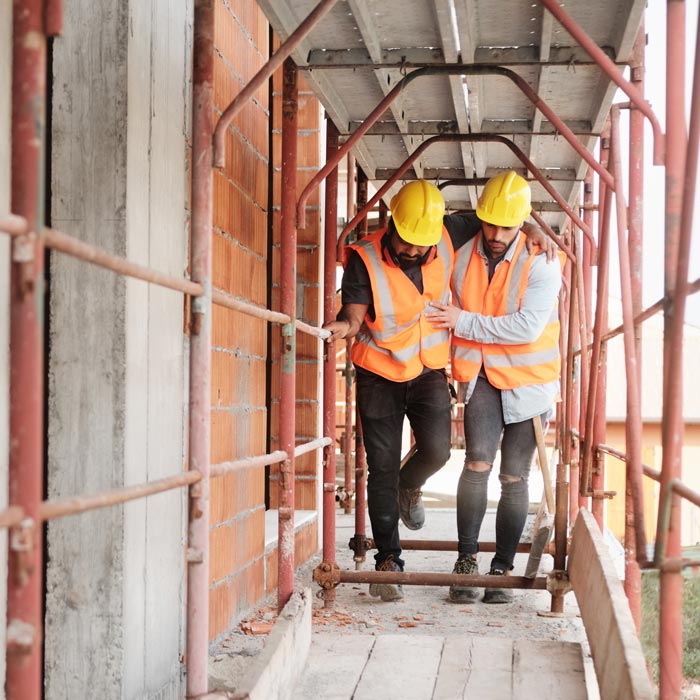Consultation Process
About Our Consultation Process

Fast, Personal Service
What To Do When You Have Been Injured in an Accident
Step 1
Step 2
Step 3
Step 4
Step 5
Step 6

Details About Your Injury
Bring Your Evidence
Please remember to save your evidence about your case and have it ready to discuss at your consultation. When I speak about evidence I am referring to anything that proves or tends to prove how you were injured and the extent of your injuries, among other similar things. Do not be afraid to bring me negative information so I can quickly develop a way to use that in your favor or seek to minimize its negativity.
Types of evidence and items to have available during your consultation.
Medical records, including bills, discharge instructions, treatment plans, prescriptions, imaging like X-Rays, CT scans, MRI’s, related notes and reports, photographs, medical reports, doctor’s opinions, laboratory reports, Face sheet; intake, history, and physical; Emergency room notes (handwritten and/or typed); EKG, Holter monitor, Echo, and PFT; Lab/pathology results and reports; Results of summary testing; Operative report; Radiology records, Consultation notes and reports; Charts, progress notes, case notes, nurse's notes, and dictation; Opinions, diagnoses, prognoses, and treatment plans; Orders; Statements and/or bills; Dental records, notes, reports, summaries, and treatment plans; Medication summary, pharmaceutical records including but not limited to date of prescription, prescribing physician, name of drug, dosage and amount dispensed; and any other medical information regarding any treatment, including documents to and from other health care providers, attorneys, insurance companies, and any subrogation interest held by Medicaid as a result of any Managed Care Organization (MCO) and/or medical health plan name, etc..
Income records, including but not limited to: pay stubs, W-2’s, 1099 forms, U.S. Income Tax Returns, and any other proof of income that could prove your lost wages.
Witness's contact information such as names, addresses, telephone numbers, email addresses, fax numbers, and be prepared to explain how they have personal knowledge about the facts of your case. Be prepared to tell me how this witness helps or is against your case. We need to know both kinds of witnesses so we can help us formulate a winning strategy.
Police reports of the accident scene, vehicle or property damage, and any visible injuries.
Insurance policies that were provided to you by the person who caused your accident, and your own insurance policy, or the policies of other people involved that you believe are important to your case.
Communications with insurance companies or other people involved in the accident, such as but not limited to emails, text messages, voice mail messages, phone records, written records, witness statements, etc.
